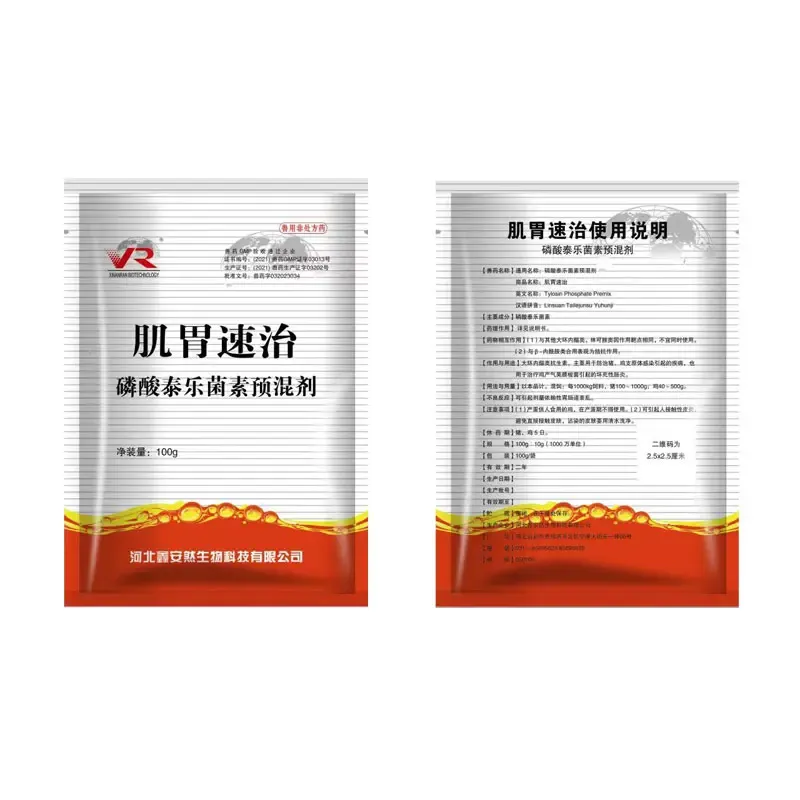- Afrikaans
- Albanian
- Amharic
- Arabic
- Armenian
- Azerbaijani
- Basque
- Belarusian
- Bengali
- Bosnian
- Bulgarian
- Catalan
- Cebuano
- Corsican
- Croatian
- Czech
- Danish
- Dutch
- English
- Esperanto
- Estonian
- Finnish
- French
- Frisian
- Galician
- Georgian
- German
- Greek
- Gujarati
- Haitian Creole
- hausa
- hawaiian
- Hebrew
- Hindi
- Miao
- Hungarian
- Icelandic
- igbo
- Indonesian
- irish
- Italian
- Japanese
- Javanese
- Kannada
- kazakh
- Khmer
- Rwandese
- Korean
- Kurdish
- Kyrgyz
- Lao
- Latin
- Latvian
- Lithuanian
- Luxembourgish
- Macedonian
- Malgashi
- Malay
- Malayalam
- Maltese
- Maori
- Marathi
- Mongolian
- Myanmar
- Nepali
- Norwegian
- Norwegian
- Occitan
- Pashto
- Persian
- Polish
- Portuguese
- Punjabi
- Romanian
- Russian
- Samoan
- Scottish Gaelic
- Serbian
- Sesotho
- Shona
- Sindhi
- Sinhala
- Slovak
- Slovenian
- Somali
- Spanish
- Sundanese
- Swahili
- Swedish
- Tagalog
- Tajik
- Tamil
- Tatar
- Telugu
- Thai
- Turkish
- Turkmen
- Ukrainian
- Urdu
- Uighur
- Uzbek
- Vietnamese
- Welsh
- Bantu
- Yiddish
- Yoruba
- Zulu
8 月 . 19, 2024 03:41 Back to list
Dosage Guidelines for Tylosin in Canine Treatments and Health Management
Understanding Tylosin Dosage for Dogs
Tylosin is an antibiotic that belongs to the macrolide class and is primarily used in veterinary medicine to treat various bacterial infections in animals, including dogs. Its effectiveness against a wide range of pathogens makes it a valuable tool in the treatment of certain conditions in canine patients. However, determining the appropriate dosage of tylosin for dogs is crucial to ensure safe and effective treatment.
What is Tylosin Used For?
Tylosin is often prescribed for dogs suffering from respiratory infections, gastrointestinal disorders, and skin infections caused by susceptible bacteria. It may also be used to manage conditions such as chronic enteritis and certain cases of colitis. In addition, tylosin has been explored as a treatment for oral conditions in dogs due to its ability to reduce inflammation and treat bacterial infections.
Recommended Dosage
The dosage of tylosin for dogs can vary based on several factors, including the dog's weight, the severity of the infection, and the specific condition being treated. Generally, veterinarians prescribe tylosin at a dosage of 5 to 10 mg per kilogram of the dog's body weight. This dosage is usually given two to three times a day.
For example, if a dog weighs 10 kg, the appropriate dosage would be between 50 mg to 100 mg per day, divided into multiple doses. It's crucial for pet owners to follow their veterinarian's instructions closely, as improper dosing can lead to ineffective treatment or an increased risk of side effects.
Administration and Frequency
how much tylosin for dogs

Tylosin is typically administered orally, either in tablet form or as a powder mixed with food. For tablets, ensure that the dog swallows it whole; if the dog is difficult to medicate, crushing the tablet and mixing it with food can be a practical alternative. It's essential to maintain a consistent dosing schedule to keep antibiotic levels stable in the bloodstream and enhance treatment efficacy.
Potential Side Effects
Like all medications, tylosin can have side effects. While many dogs tolerate it well, some may experience gastrointestinal upset, including diarrhea or vomiting. If a dog shows signs of severe diarrhea or any other adverse reactions, pet owners should contact their veterinarian immediately. In rare cases, an allergic reaction may occur, which could present as swelling, itching, or difficulty breathing.
Precautions and Considerations
Before starting tylosin therapy, it is vital for pet owners to inform the veterinarian about any other medications their dog is taking or any underlying health conditions. Some drugs can interact negatively with tylosin, impacting its effectiveness or increasing the risk of side effects. Additionally, tylosin should be used cautiously in animals with known sensitivities or allergies to macrolide antibiotics.
Conclusion
Tylosin can be an effective treatment option for bacterial infections in dogs when used correctly. Understanding the appropriate dosage and administration methods is crucial to ensure the best outcome for the dog's health. Pet owners should work closely with their veterinarians to determine the best treatment plan and monitor their pets for any side effects. With proper care and attention, tylosin can help restore the health and vitality of canine patients, contributing to their overall well-being. Always remember that veterinarian guidance is essential when administering any medication to ensure safety and effectiveness.
-
The Power of Radix Isatidis Extract for Your Health and Wellness
NewsOct.29,2024
-
Neomycin Sulfate Soluble Powder: A Versatile Solution for Pet Health
NewsOct.29,2024
-
Lincomycin Hydrochloride Soluble Powder – The Essential Solution
NewsOct.29,2024
-
Garamycin Gentamicin Sulfate for Effective Infection Control
NewsOct.29,2024
-
Doxycycline Hyclate Soluble Powder: Your Antibiotic Needs
NewsOct.29,2024
-
Tilmicosin Premix: The Ultimate Solution for Poultry Health
NewsOct.29,2024













